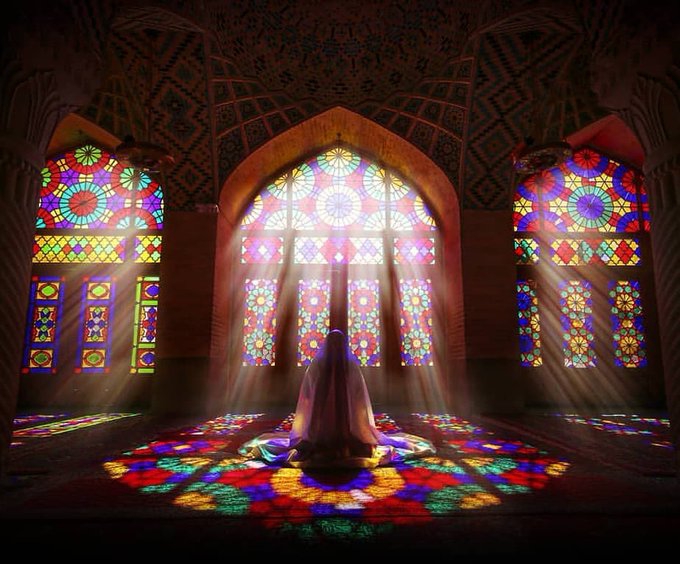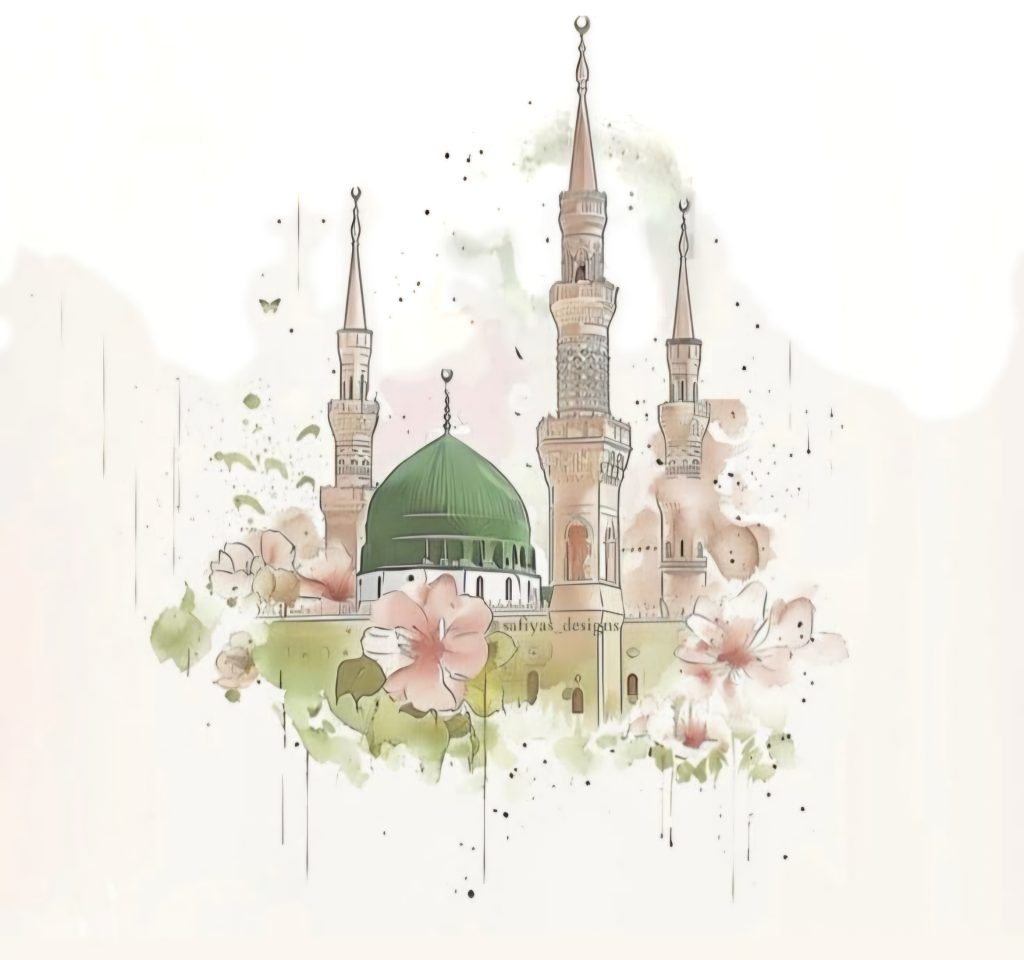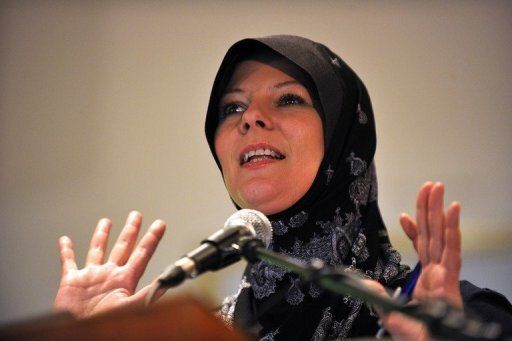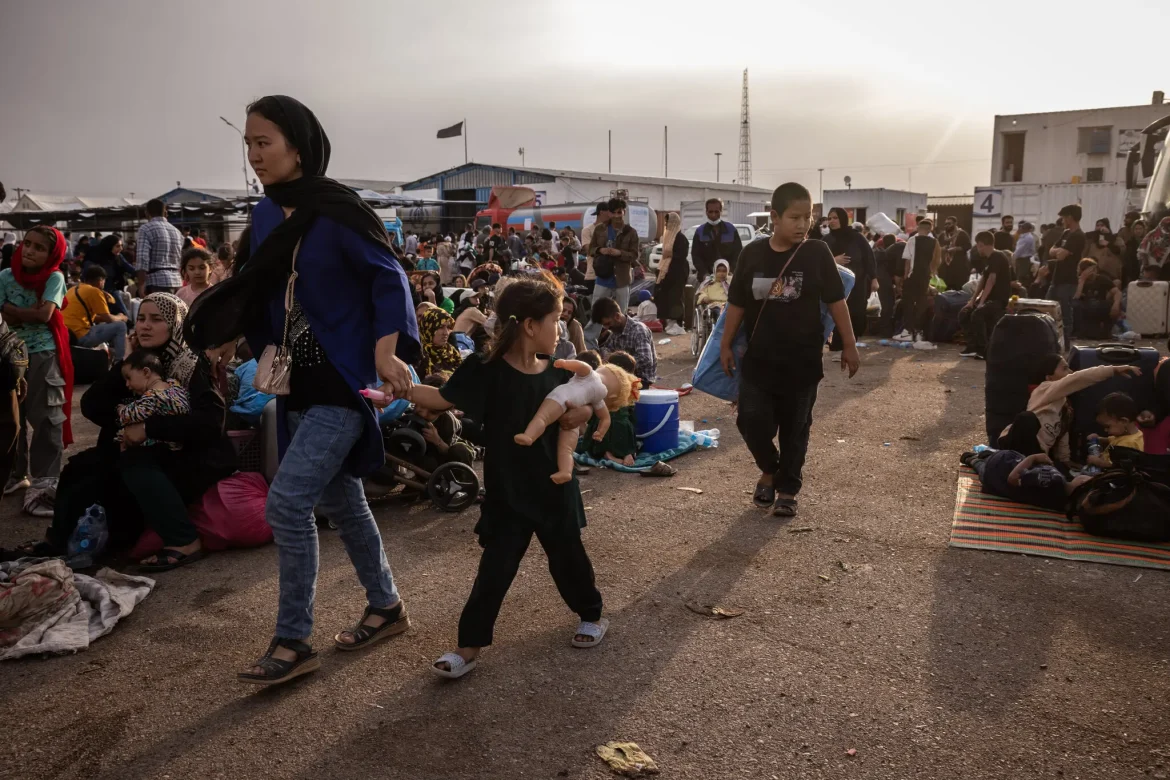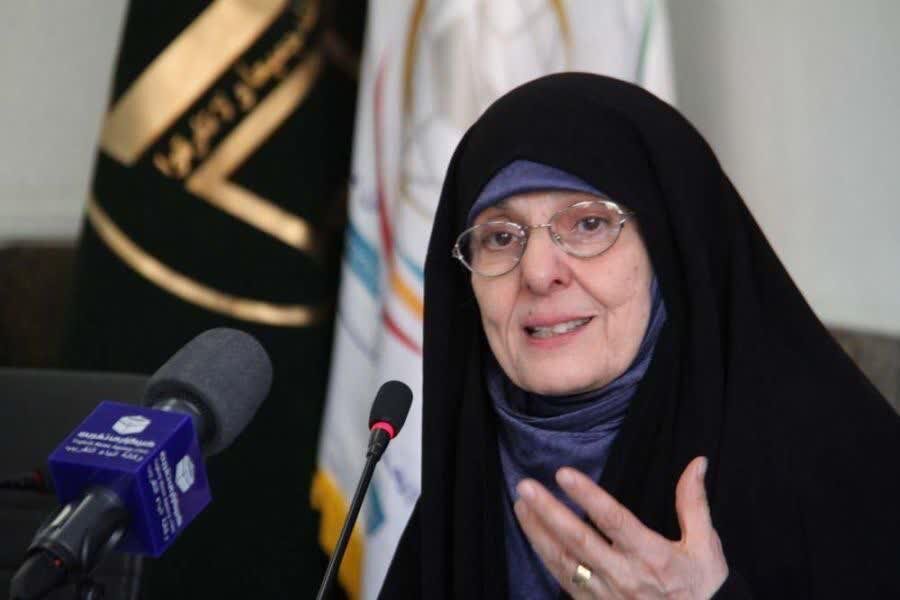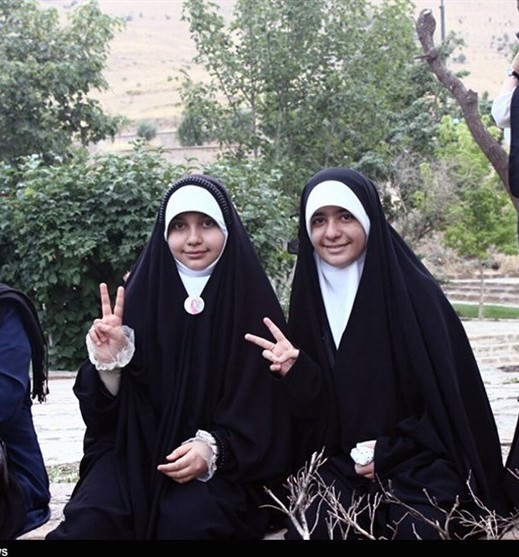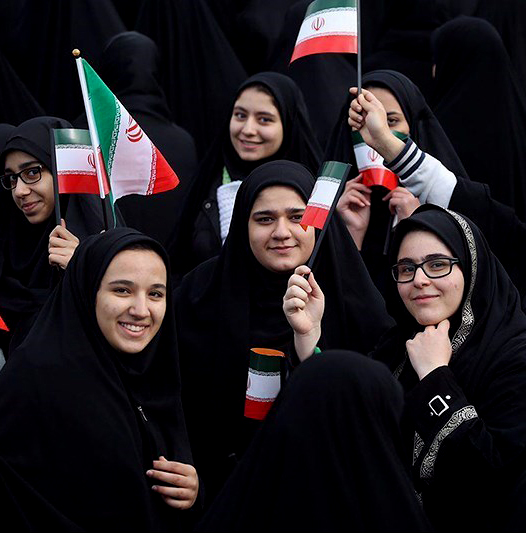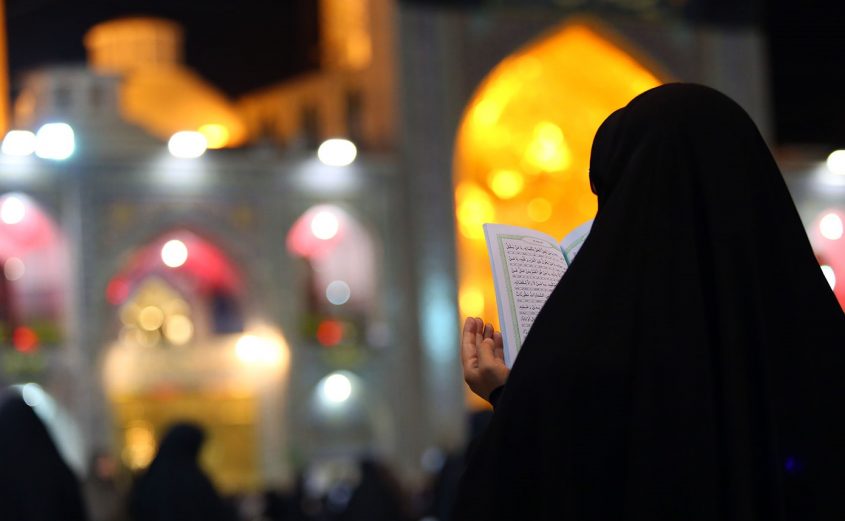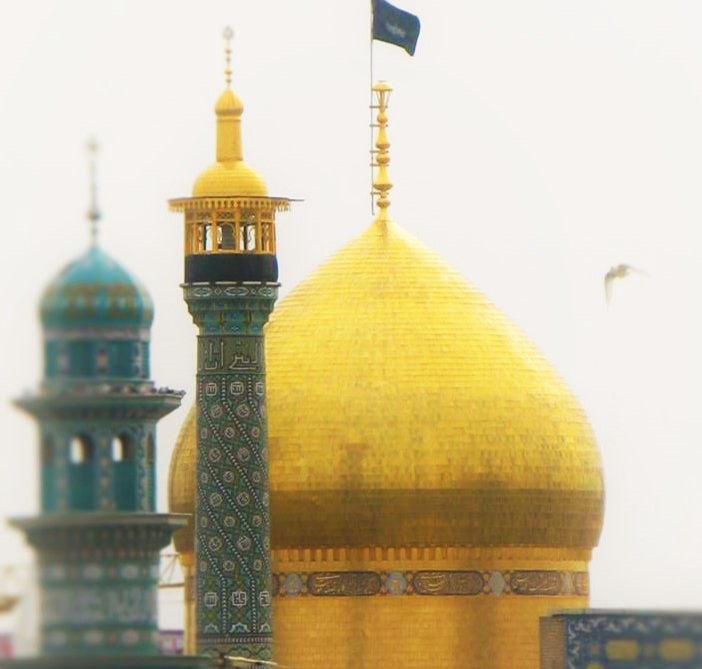Hijab during prayer for women is a devotional obligation and a symbol of reverence toward God. It strengthens the spirit of servitude, fosters humility, and serves as practice for maintaining modesty and proper covering in the presence of non-mahram (unrelated) men.
Understanding the Spiritual and Religious Significance
Islamic rulings are based on balancing benefits and harms and are expressed as either prohibited or obligatory (1). Some of these benefits and harms are not fully understood by reason alone nor explicitly mentioned in Quranic verses or hadiths—such as women’s hijab in prayer, which is a devotional obligation (2). This means that while reason might not grasp the full wisdom behind its legislation, it acknowledges it is not without purpose and even discerns some of its benefits and effects. Observance of worship according to divine law enhances one’s spirit of servitude and acceptance of God’s will (3). According to Islamic jurisprudence, men and women share similar religious duties such as performing prayer and fasting, differing only in certain details due to their specific physical and spiritual characteristics (4).
Types of Hijab in Islamic Jurisprudence
Jurisprudence identifies two types of covering for women: covering during prayer and covering in front of non-mahram men, each with distinct characteristics (5). For all humans, male and female, clothing is a form of divine dignity and a symbol of personal identity and respect; thus, only humans wear clothes.
Certainly, God is not considered a non-mahram to His servants. However, in prayer, a person stands before God and speaks to Him, requiring the most appropriate attire to show respect and reverence before the Almighty. This attitude nurtures humility and sincere presence of heart.
Hijab as a Means of Spiritual Proximity
The ideal attire for women in prayer, pleasing to God, is one that demonstrates chastity and purity. Hijab during prayer is a step toward divine closeness and serves as excellent preparation for maintaining modesty in everyday interactions with non-mahram men (6). It is also possible that there are other wisdoms behind observing hijab in prayer that remain unknown to us.
References:
- Tabataba’i, Muhammad Husayn (1995). Tafsir al-Mizan, vol. 4. Qom: Jame’e-ye Modarresin.
- Hashemi Shahroudi, Mahmoud (2005). Fiqh Encyclopedia According to the School of Ahl al-Bayt, vol. 2. Qom: Islamic Fiqh Encyclopedia Institute.
- Jalalizadeh, Jalal (2008). Principles and Terminology of Usul al-Fiqh. Tehran: Ehsan.
- Hashemi Shahroudi, Mahmoud (2005). Fiqh Encyclopedia According to the School of Ahl al-Bayt, vol. 4. Qom: Islamic Fiqh Encyclopedia Institute.
- Motahhari, Morteza (2002). Collected Works, vol. 19. Tehran: Sadra.
- Shams, Saeed (2006). Qur’anic Questions on Prayer. Qom: Sibt Akbar.
From: ABNA


